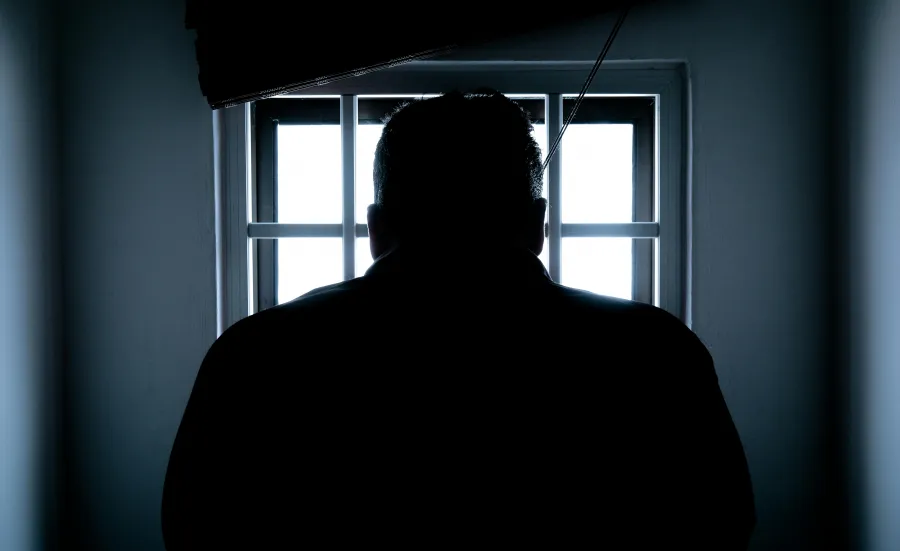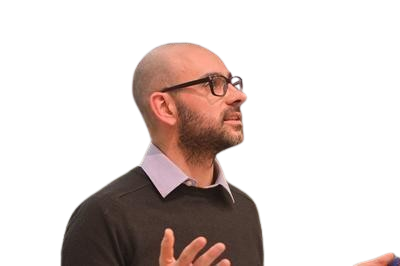The study and practice of law is far more than a body of rules, obligations, consequences, and punishments. Understanding questions about justice, rights and real-world problems involves creativity, imagination, and humanity.
Using creativity in law
Professor David Gurnham’s research explores how creativity can be (and is being) harnessed to expand and deepen knowledge of legal issues and their impacts. It uses historical, literary, and arts approaches to explore Law and legal problems, revealing fresh solutions.
The Centre for Justice Studies investigates criminal law, criminal justice, and theories of crime, justice, and punishment. Its activities include workshops funded by the Southampton Law School Strategic Research Fund and the Southampton Institute of Arts and Humanities.
During May and June 2023, Professor David Gurnham (Southampton Law School) and Dr Chris Bevan (Durham Law School) jointly organised two interdisciplinary research workshops. The workshops explored the underlying beliefs and assumptions that shape legal ideas.
Gurnham and Bevan will collaborate further to edit and contribute to a book of critical essays on the phenomenon of ‘masterplots’ in law. ‘Masterplots’ are the hidden narratives that give meaning and authority to our legal practices and tradition.
My research explores the interconnections between criminal law and the arts, and examines how issues of crime, justice and punishment are illuminated in creative work.
About the author
Professor David Gurnham publishes his own work and is the editor-in-chief of the journal Law and Humanities (Taylor & Francis). He collaborates with various contributors and guest editors.
In October 2023, David marked the 400th anniversary of Shakespeare’s First Folio by publishing a special issue in the Law and Humanities journal. This was the first time that Shakespeare’s works were bound and printed in an authoritative collected form by a recognised stationer. This practice gave rise to the meaning of legal terms such as ‘binding’, ‘authority’, and ‘statute’ as ‘Legal terms of art’.
Law and Humanities journal is the leading publisher of interdisciplinary arts and humanities scholarship on Law in the UK. It provides a forum for discourse on topics such as the use and translation of legal metaphors in literature.
On 12th January 2024, David presented and discussed his research on poetry from prisons with a group of blind and partially sighted visitors to the John Hansard Gallery in Southampton. This formed part of an event by Jo Bressloff (mixed-media artist and art educator), who led the group on a ‘touch tour’ of the Koestler Arts exhibition ‘Standing on the Edge’ (October 2023 to January 2024). The event was co-curated by prisoners at HM Prison Isle of Wight and comprised artworks by prisoners in the region.
David read poems from the Koestler Voices anthologies and talked about how they address themes and issues relating to criminal justice and the experience of imprisonment.
The impact of the research
The event is part of a wider knowledge exchange, public engagement, and research project co-ordinated by David with fellow scholar Dr Haris Psarras. It focuses on marginalised people’s creative responses to justice problems.
This project examines the connections between creative arts, marginalised communities, justice, and the different research methods used to study these connections. Researchers seek better to understand the problems that arise during such engagements, the experiences of marginalised creative artists, and to take seriously the contribution made by the work to wider culture and the arts.
Activities that involve marginalised individuals with lived experience and use creative artistic methods to express legal issues ultimately aim to enrich public understanding and interest.






